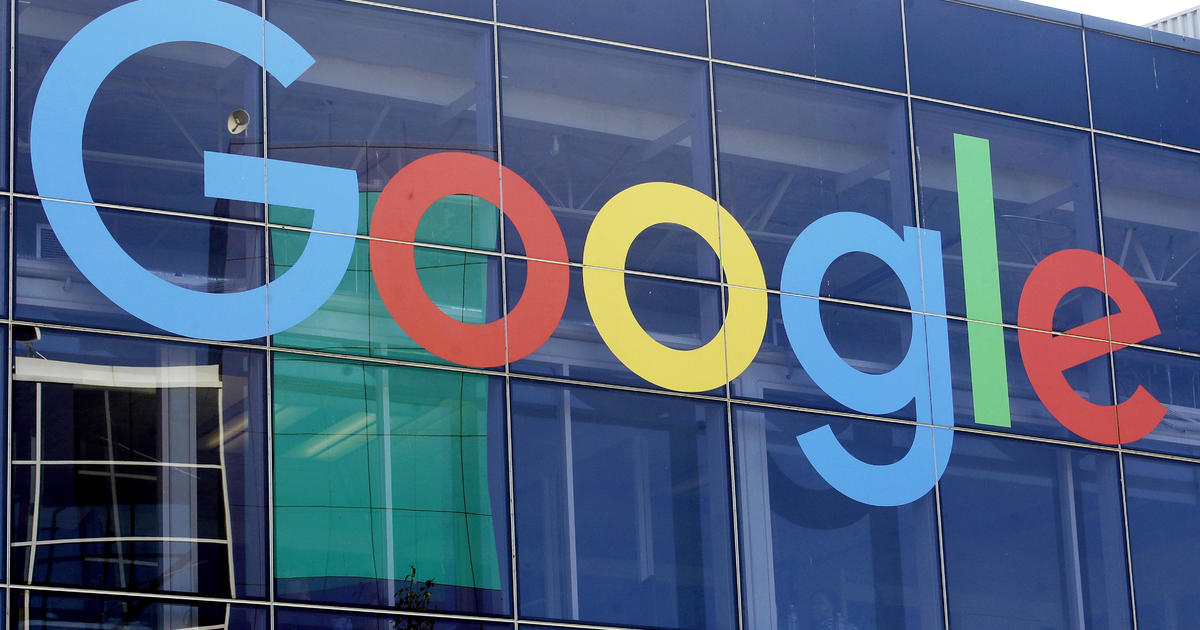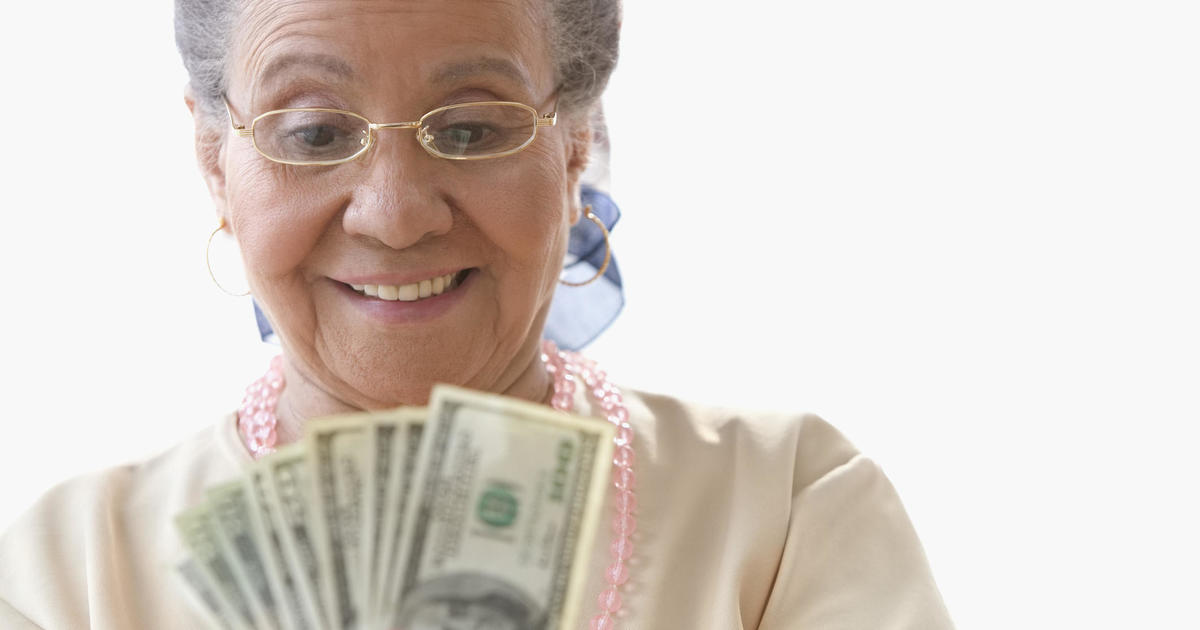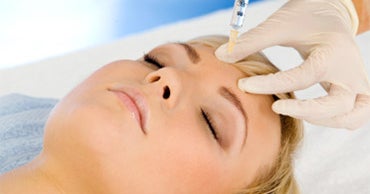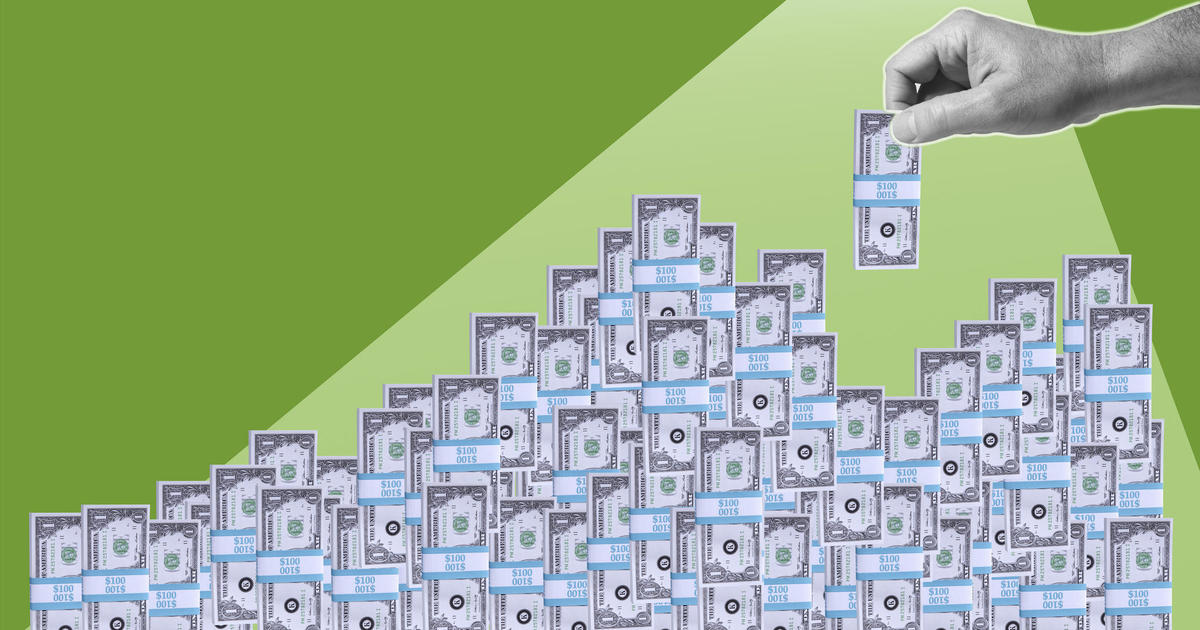Houston hospital offers workers $500 to get COVID-19 vaccine
Houston Methodist's 26,000 workers can look forward to some extra cash in March — as long as they get a COVID-19 vaccine.
The eight-hospital system's president and CEO, Dr. Marc Boom, told employees in an emailed letter last week that they can look forward to a $500 bonus as a "thank you for your perseverance throughout a difficult 2020." Eligibility criteria to receive the award include getting a COVID-19 vaccination, "fulfilling our obligation as health care workers to lead the community," he stated.
Houston Methodist also gave employees $500 bonuses about six weeks ago for their work during the pandemic, which has killed nearly 35,000 Americans. Houston has been hit particularly hard, with nearly 2,700 deaths and more than 247,000 confirmed cases in surrounding Harris County.
Employers, including health care providers, face a balancing act in getting their workforces vaccinated. For now, vaccination isn't required for Houston Methodist employees, but "will be eventually" for most workers, Boom wrote. Although many companies are stopping short of making the shots mandatory, they have the right to require immunization for most workers under recently passed federal employment guidelines.
"I think people are more wanting it than not wanting it," said a spokesperson for Houston Methodist, who received her second dose of the vaccine on Monday.
Roughly half of Houston Methodist's staff immediately signed up to get vaccinated, and thousands more are expected to follow suit, according to Roberta Schwartz, the hospital system's executive vice president and chief innovation officer.
"There is a small minority of staff who I have spoken to on the floor who are reluctant," Schwartz told CBS MoneyWatch. That includes some who are waiting to see how others fare first, others who have concerns about vaccines generally and then a few with qualms about coronavirus vaccine in particular, she said.
There's other anecdotal evidence of reluctance among some health care workers to get the shots, with Dr. Joseph Varon, chief of critical care at Houston's United Memorial Medical Center recently relaying concerns among nurses in his unit to NPR.
Concerns about COVID-19 vaccines is highest among African Americans, according to Pew Research Center, which recently found that fewer than half of Black adults planning to get vaccinated, versus 60% of Americans overall who intend to get the shots.
But Schwartz said Houston Methodist is seeing strong public interest in the vaccines.
"Our phones are inundated with people who want the vaccine. It's hard for us to feel the reluctance in the general society as we're only hearing from people who want it," she said. "Even our IT desk got 1,500 phone calls from people wanting this vaccine."
African Americans typically have less trust in the medical system than White patients, and often receive worse care, studies have found. In part, that reflects the history of medical mistreatment of Black Americans, including experimental operations on enslaved Black women between 1845 and 1849 by Alabama surgeon J. Marion Sims as well as the infamous Tuskegee Institute experiments in the 1930s that examined the progression of syphilis in Black men.
Fears that political considerations could overrule safety concerns, particularly when it comes to African Americans, drove the nation's oldest Black physicians group to form a task force to track the data as drugmakers developed vaccines. The group last month voiced its support for the two vaccines currently being distributed.
Some expert have backed the idea of offering employees a financial incentive for getting inoculated against COVID-19.
"The 'adult' version of the doctor handing out candy to children, fortunately, points toward a solution: Pay people who get the shot (or shots, since more than one may be required)," Robert Litan, a Non-Resident Senior Fellow at the Brookings Institution, said in an August opinion piece for the Washington think tank. "How much? I know of no hard science that can answer that question, but my strong hunch is that anything less than $1,000 per person won't do the trick."
But other economists say such payments could backfire, citing studies that suggest offering money in exchange for getting vaccinated could lead them to conclude that the shots are risky.



